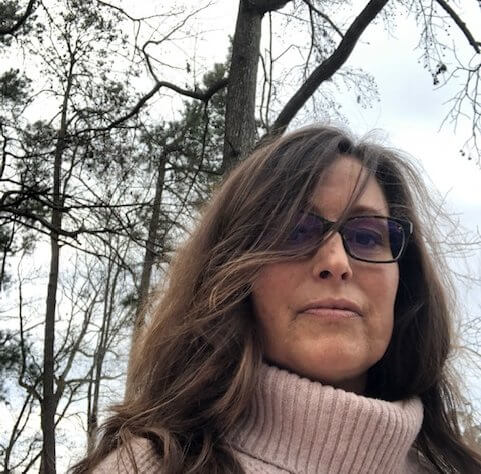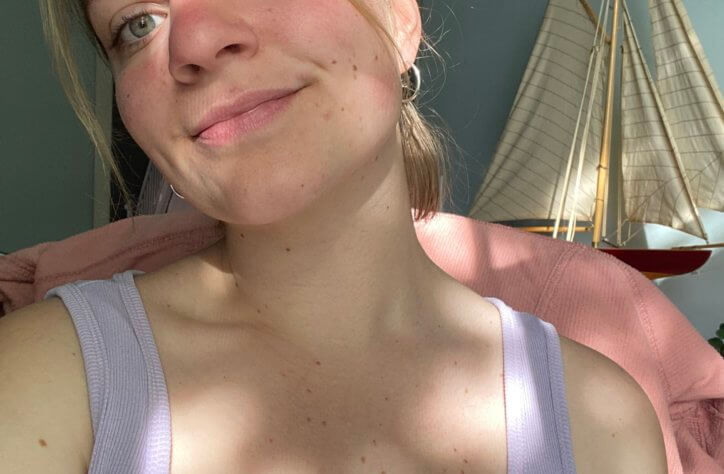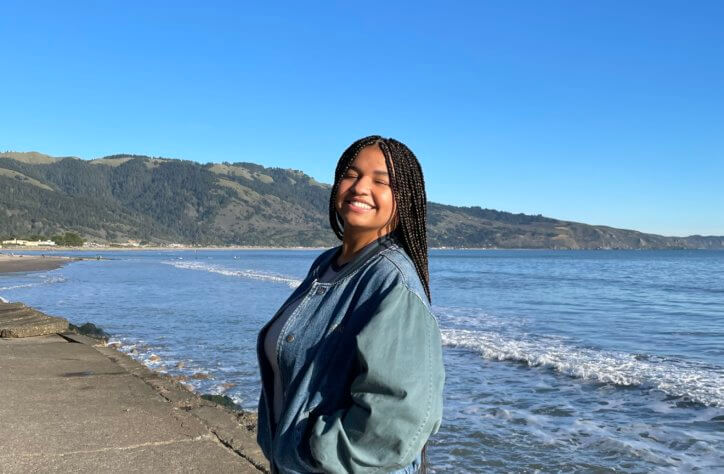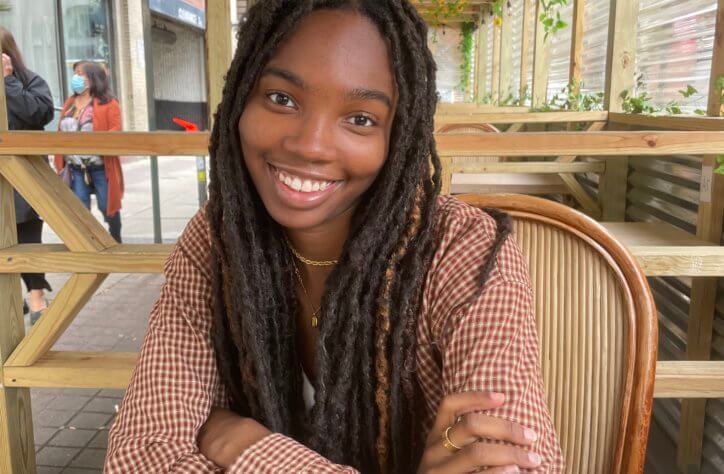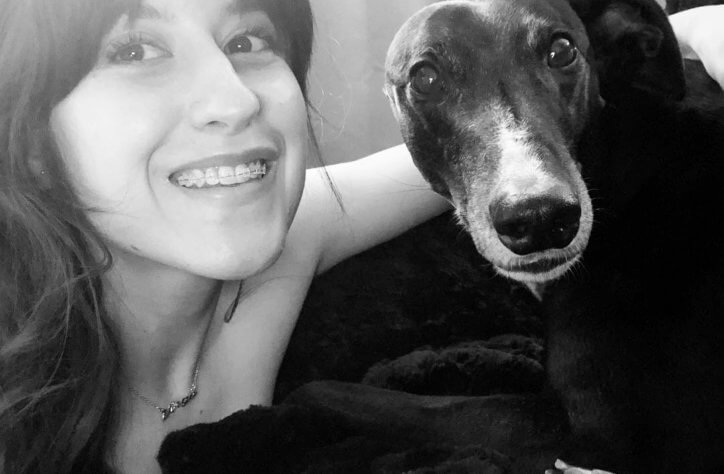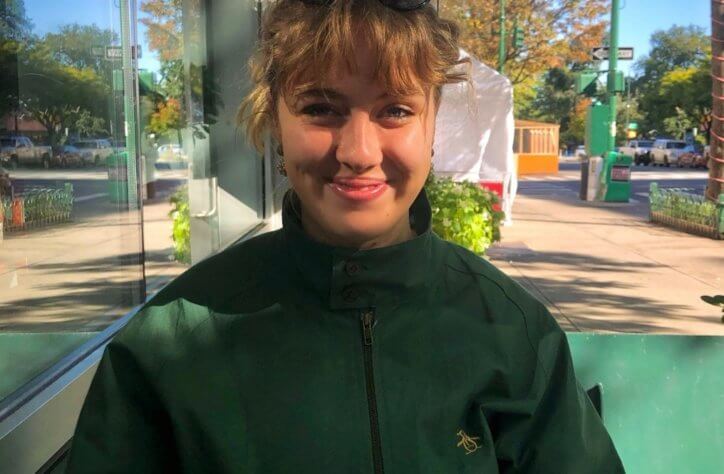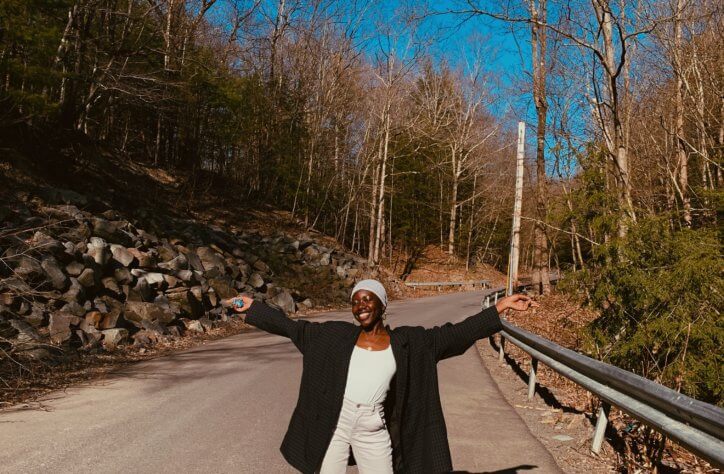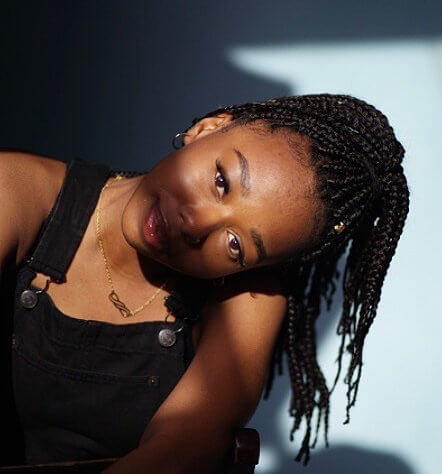We need to talk about the impact of misogyny. Often dismissed as trivial, it is, in fact, a deep-rooted prejudice that lies behind all forms of violence against women and girls – from sexual harassment to rape and murder – and it influences adolescents from an early age.
According to a new study commissioned by ActionAid, the women and girl’s rights charity I work for, a fifth of young people worldwide say they have seen, heard or read negative or offensive portrayals of women and girls. This includes name calling, sexual jokes and being dismissive of someone because they are female.
The research was conducted in the UK, India, Brazil and Kenya and focused on 2,560 adolescents aged 14-21. Among those spontaneously highlighted for setting a bad example were Donald Trump and presenter Piers Morgan. Whilst almost two-thirds of 14 – 16-year-old girls and boys in the UK have witnessed misogynistic behaviour from those around them – from family members and friends to strangers and teachers.
Ninive is a young activist in São Paulo Brazil, and she believes that the fear of harassment and violence is “limiting women’s freedom, education, family, activities and socialising”. However, our study showed that in Brazil a higher proportion of young people who had witnessed sexual harassment, than in the other countries studied, felt it was because ‘they would think the person would find it complimentary or be pleased they found them attractive’.
This widespread belief that woman and girls are worth less, and their bodies exist to exploit and control only reinstates the need for women to take back control and reclaim their bodies as their own, live without fear and reach their full potential.
Ninive told us that “Building strong and positive relationships between everyone is crucial” and our study found that a majority of young people believe that education is the answer, with 80% of those taking part in the survey supporting it. In the countries where ActionAid works, we support local women’s groups who work with entire communities to challenge societal norms and educate women and girls about their rights.
Confidence in reporting sexual harassment is high among this generation though. In the UK two thirds (66%) of those who have been harassed in the last six months would feel comfortable telling someone, with two thirds of them already having done so. This figure of reporting rises to 79 per cent in India.
Muskan is 18 and lives in Bohpal, she is about to enter her 3rd year of college education, as well as this is training as a cadet. Both have taught her so much that she “feels confident and safe, now that I have skillset” and she lives in a family where everyone is treated equal, her “bother, sister, grandmother and mother”. This shows the importance of educating boys in schools about how to treat girls, educating parents and girls in school about how to report harassment, and educating teachers about taking accusations seriously.
The report has shown that to make real progress we need a uniformed, properly resourced approach to tackle the unbalanced power relations that prioritise male privilege and continue gender inequality. We want women and girls globally to be empowered to say ‘My Body Is Mine’.
Jean McLean, Deputy Director Media, Campaigns and Public Engagement at ActionAid UK
